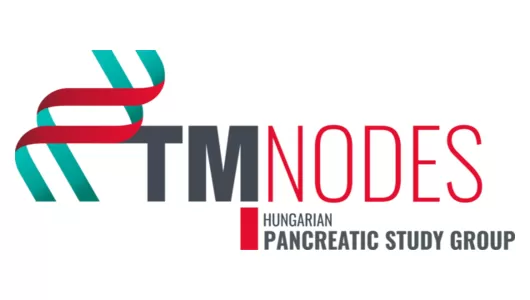
NODES
The prognosis of pancreatic cancer is extremely unpleasant, which can be characterized with a 5-year survival rate of only about 6%. The disease usually pertaining no symptoms at the early phase, this might be one of the causes why it is discovered at a relatively late, inoperable stage - in most of the cases. The success of reducing the high mortality rate of pancreatic cancer could depend on the significant development of early diagnosis and also prevention programs. As the lifetime prevalence of pancreatic cancer is only 1.39%, screening through the whole population would be extremely expensive and difficult to manage. It would be recommended for all the individuals at high risk for pancreatic cancer to be examined. Patients newly diagnosed with diabetes have an approximately 8-fold risk for developing this type of cancer, compared to the average population. In addition to this age is also known as an independent risk factor for the pancreatic cancer. Recently there has been a biomarker panel identified, which may distinguish between pancreatic cancer and chronic pancreatitis in patients, with high sensitivity and specificity. Our aim is to accomplish the early diagnosis of pancreatic cancer, in patients over 60 years of age with newly diagnosed diabetes mellitus using a special biomarker panel. Only patients with type 2 diabetes are meant to be included. Diabetes is classified by determining C-peptide levels, representing the endogenous insulin synthesis, also detecting glutamic acid decarboxylase (GADA) antibodies, the autoantibody against the pancreatic islet cells. The early diagnosis of pancreatic cancer could be the way to enable efficient cure for the patients.
Principal investigator: László Czakó, Tel.: +36203315645, e-mail: czako.laszlo@gmail.com